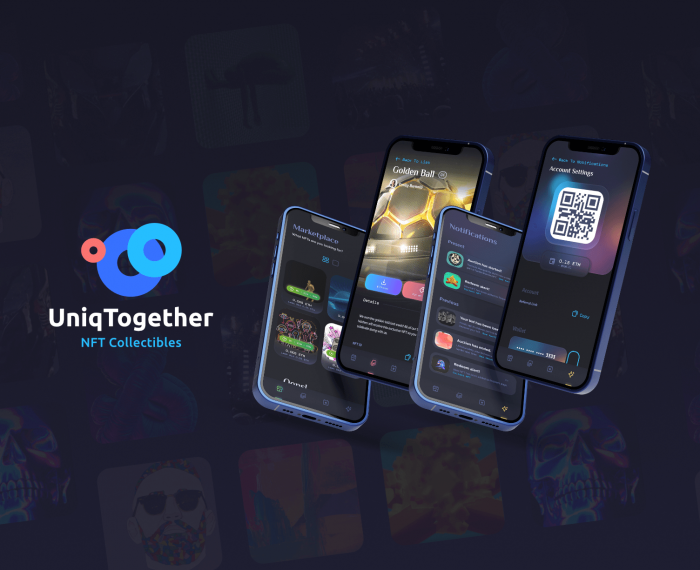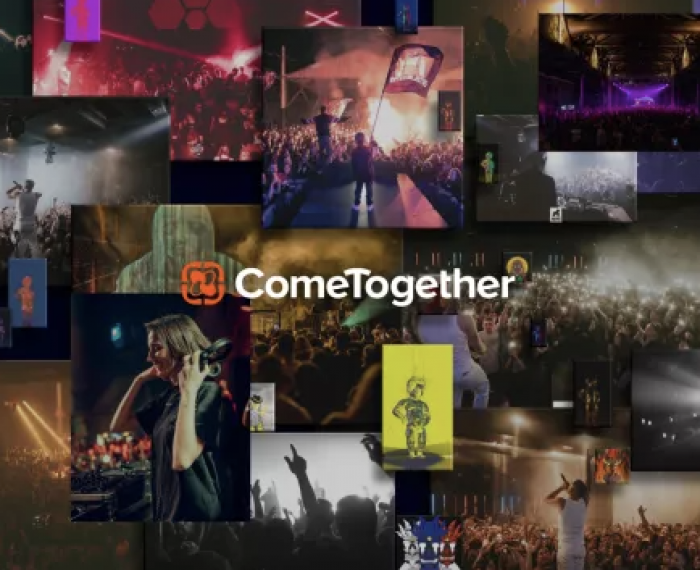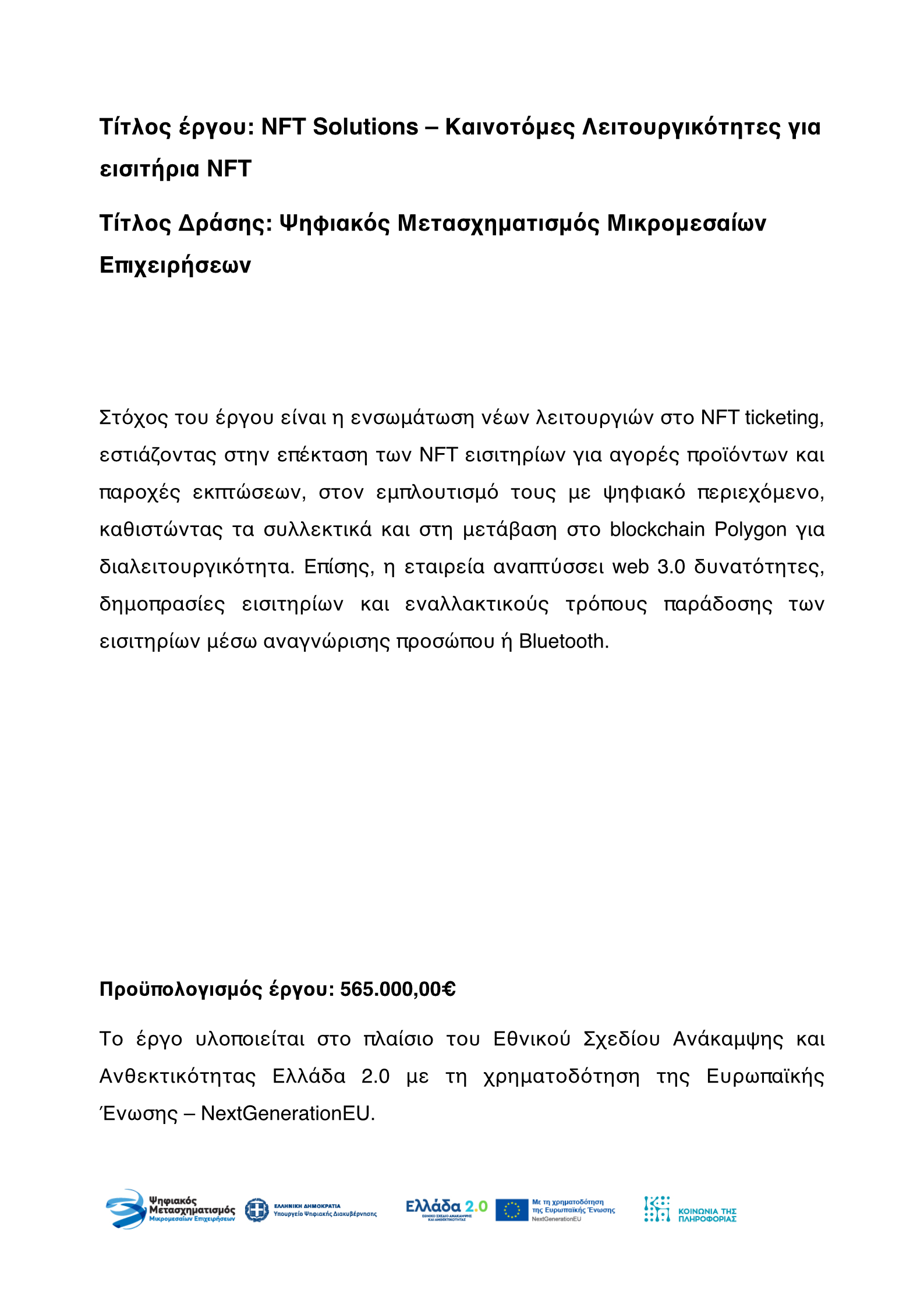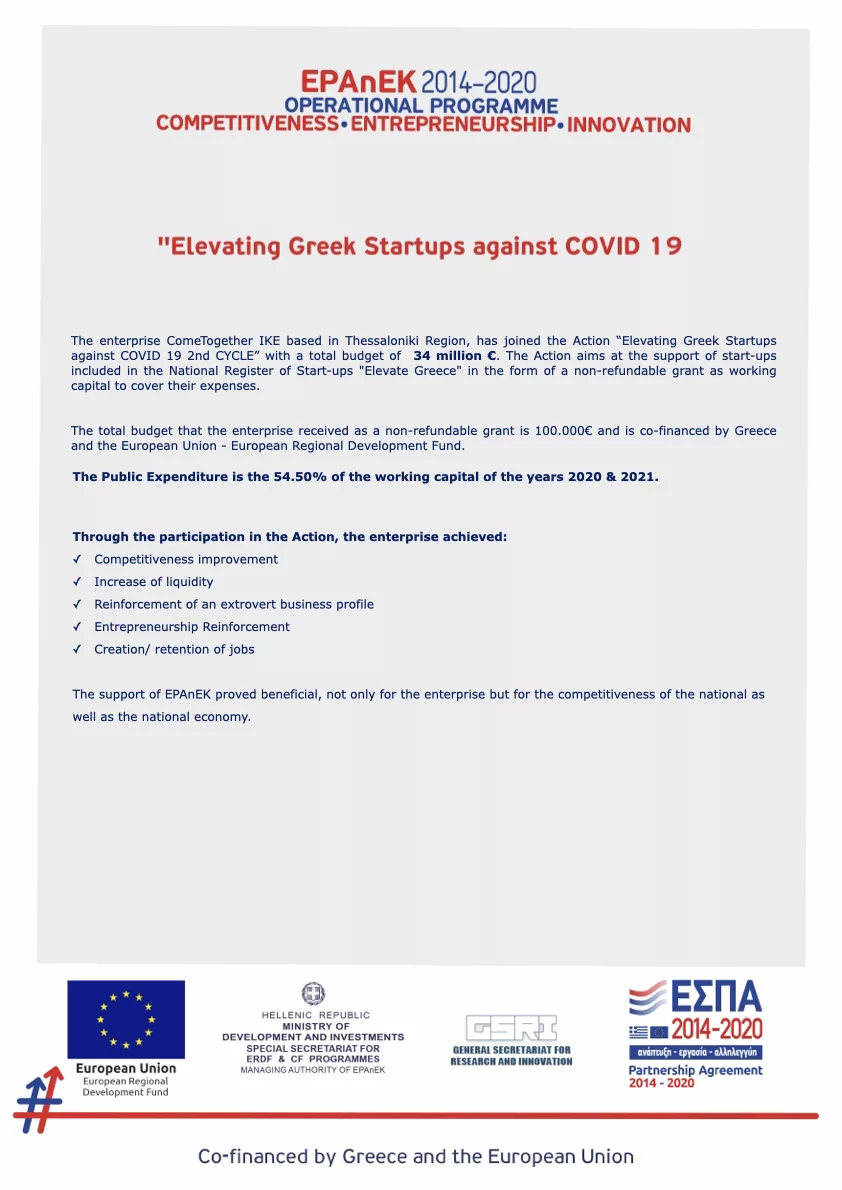As we all breath a collective sigh of relief that 2020 is coming to an end, 2021 looks to still present challenges in getting back to a normal lifestyle. Or does the ‘new normal’ represent life as we know it for the foreseeable future? Let’s hope that for the coming year we are somewhere in between. Maybe not fully back to our old way of life, but certainly on the path to more freedom of movement, restarting of economies and the ability to spend ‘in person’ quality time with friends and family.
Vaccination — The Holy Grail?
The world is focused on the start of vaccination programs globally. Although this is a great step forward, this still needs time. Time to inoculate. The vaccines need to be manufactured, distributed and given to individuals around the globe. Efficacy is proven in trials, but what about in real life? As we take this giant step forward, we still need to understand the immunity status of those moving about in public places. For sure 2021 will be a year of mixed results as it will take time to get different countries to the levels of protection required to signal an all clear from mask wearing, social distancing and increased hygiene practices.
Today there are already articles being published about the inequity of vaccine supplies being distributed to richer vs. poorer nations. According to a study released in early December by Duke Innovation Research Center (1), there is a huge discrepancy between rich and poor countries cases and level of vaccines order. To highlight how big the range is, Canada currently has on order enough vaccines based on the current level of infection to vaccinate each person that has already been exposed to the virus five times over. Whereas developing countries in Africa have no pre-orders in place and will need to rely on the Covid-19 Vaccines Global Access (COVAX) organization to ensure they receive vaccines in 2021. How long will this take and does this result in pockets COVID-19 safe and unsafe locations?
Are we ready to leave the house again?
Consumer confidence in COVID-19 safety is another topic that needs to be considered. Just because people can fly or go to events, doesn’t mean they are comfortable doing so. In November, Inmarsat Aviation and APEX released their Passenger Confidence Tracker report (2) surveying 9,500 travelers across 12 countries to understand what it will take to get people flying again. The overall view on travel in the next year is still mixed. 41% of respondents say they will travel (any form of travel) less overall in the future, with 50% saying they are ready to fly in the next six months and the remainder preferring to wait longer. More than half expressed worries about catching the virus on a plane or in a foreign location. Although, when asked what they believed was the riskiest activity one could attend — the answer was a sporting event. Music events were not called out specifically, but we would expect a similar response given similar proximity concerns to other attendees.
Immunity passports — a controversial topic
The topic of immunity passports has been discussed throughout the world by many different organizations with mixed reviews. On the one hand, many are against this idea. Feeling that a restriction as to what one could do based on immunity — whether due to a vaccine or having a positive antibody test — would result in individuals purposely getting exposed to COVID-19 in order to avoid limitations of movement. As seen in countries like Sweden, the idea of herd immunity did not have the desired outcome. Resulting in higher cases and higher deaths, not the opposite. So one can see the reason for concern.
On the other hand, how do you determine who is allowed to go where, safely, without resorting to Orwellian big brother oversight? This isn’t the only choice and certainly not something that would be tolerated in most of western civilization. The key is to be able to monitor and respond to topics that are most important and to guarantee the data security and privacy. For example:
- Have you been tested
- What was the outcome (provided by an official source)
- When did this happen (we all know you could be negative today and positive three days from now)
- If you’ve recovered, do you have antibodies to protect you and for how long will they last
- Have you been vaccinated
More likely an app that carries this data securely and certified by official organizations will allow for businesses, events, airlines and others to determine who to let into their locations. Similar to requirements for vaccinations to enter specific countries or attend school.
What is known, is this journey is far from over. At least there is forward momentum now toward a return to a normal life (maybe never the same as before).
ComeTogether gives control of the entire ticket lifecycle to event organizers, with the power of blockchain. In order to support the safe return to events or any other type of activity where a group of individuals needs to be in the same place, the BackTogether COVID-19 passport app enables the verification of COVID-19 testing status, immunization and antibodies. Built on Blockchain, data is fully secure and private.
Download the article
Follow us on Medium



















